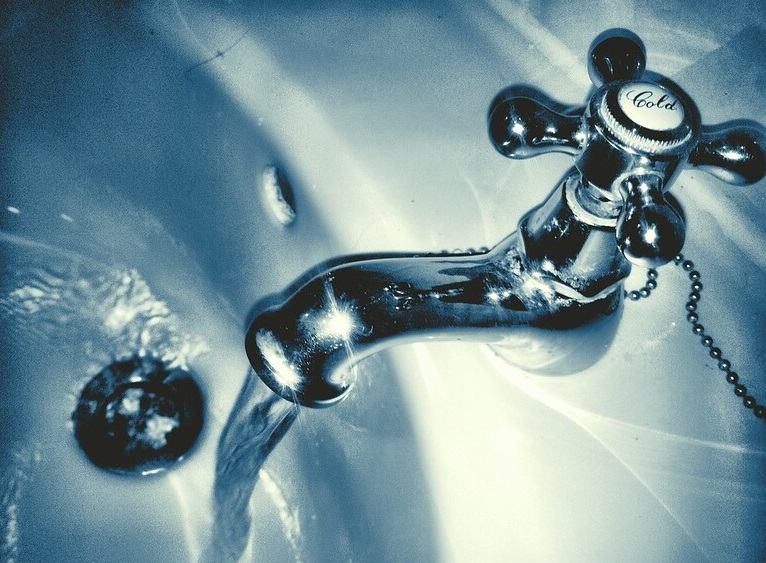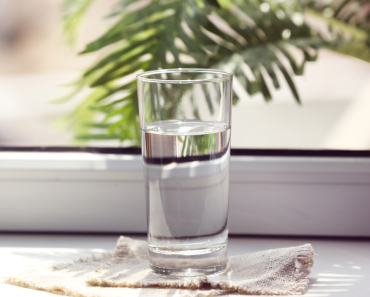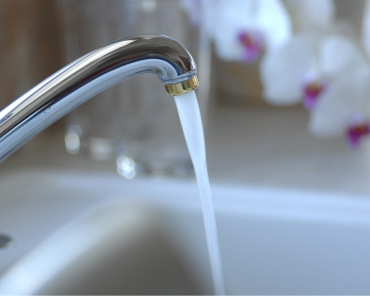Here are some of the items that should not be placed in your drain and sewage system to help reduce stress on sewage and wastewater treatment systems, as well as the risk of contamination in your drinking water:
Paint
Whether you’ve just completed the last touches on an artwork or have finally finished painting your bedroom, safely eliminating your leftover paint is critical. Of course, you don’t want to down a drain with the extra paint or wash brushes, rollers, and trays in the sink. Paint can leach hazardous chemicals into water when it dries and blocks your pipes.
Oil and latex paints are typically comprised of lead and cadmium, both poisonous metals. Once these and other chemicals present in paint enter the ecosystem, they can be harmful to aquatic life. Furthermore, while water treatment facilities eliminate numerous pollutants from sewage before releasing it into the environment, they may not be able to remove all of them, including those hazardous compounds in paint. As a result, they might end up polluting nearby drinking water.
How to dispose of paint safely:
- Rinse paint equipment directly in the storm drain is not a good idea. To clean painting brushes and other equipment, pour the water down the drain after rinsing them in a bucket (and allowing the paint residue to settle in the old rinse water)
- Allow the paint at the bottom of the bucket to dry and harden before removing it and discarding it in the garbage.
- Donate usable paint with a useful life of fewer than ten years to a friend or a local community group, such as a school, shelter, or theatre.
- If the paint is unusable or older than ten years, save it for a house hazardous waste collection or take it to one of many hazardous waste depots.
Cleaning Products
While many cleaning supplies include chemicals such as antibacterial agents, phosphates, and other compounds that some water treatment plants are unable to remove from the water, these chemicals also contain hazardous components that can be harmful to human health and might disrupt aquatic ecosystems if disposed of improperly.
For example, pouring bleach down drains that have recently been exposed to cleaning chemicals containing ammonia can result in harmful chloramine gas. The fumes from this gas may irritate the eyes and nose, and they have the potential to cause more serious health problems. Chlorine has the ability to combine with organic matter to produce new hazardous compounds.
While you should generally avoid putting most cleaning chemicals down the sink, some are acceptable since they are more ecologically beneficial and will not cause the same level of damage.
How to dispose of it safely:
- If you’re disposing of a cleaner down the drain, be sure it’s all-natural and flushable.
- Make your own cleaners with environmentally friendly chemicals such as vinegar and baking soda.
Motor Vehicle Fluids
Don’t pour motor oil or other automobile fluids (including anti-freeze, gasoline, and solvents) down a drain in your house or garage. It’s fun to change the oil in your car and keep it at home, but properly disposing of the used chemicals is important.
Used motor oil may contain hazardous heavy metals like lead, zinc, and cadmium that pollute drinking water and put our health at risk. It only takes one quart of oil poured down a storm drain to pollute one million gallons of water. Furthermore, the EPA discovered that unused oil not properly disposed of could contaminate the equivalent of one year’s worth of water supply for 50 people.
One gallon of oil can create an acre-sized slick. When oil enters a body of water, a film develops on the surface that prevents light from reaching plants and other creatures.
Furthermore, antifreeze and transmission fluids include ethylene glycol, which keeps the necessary vehicle temperatures. Water treatment facilities may not consistently remove this chemical, and anybody who consumes it risks kidney damage, neurological disorders, and cardiac arrest.
How to dispose of it safely:
- Instead of placing motor oils and other automobile fluids in your sink, see if your local recycling or waste facility has an oil bank where you can safely (and lawfully) dispose of it.
Note: You cannot put motor oil in the garbage like you can cooking oil.



